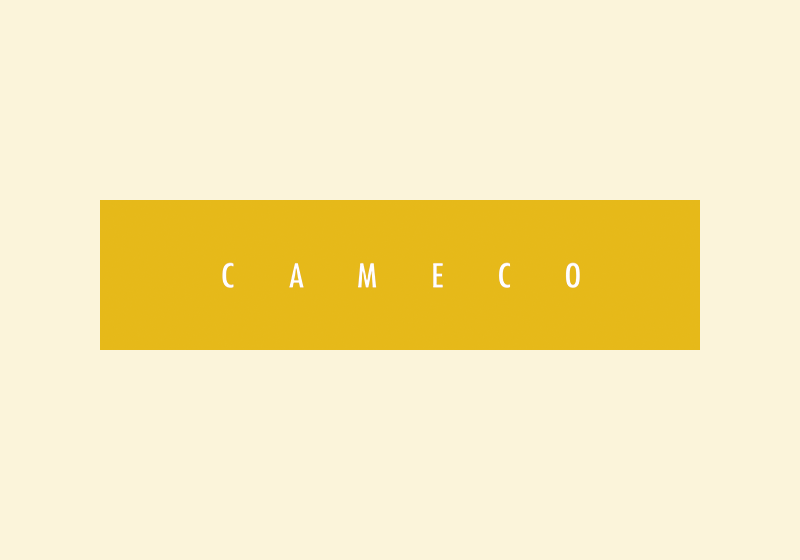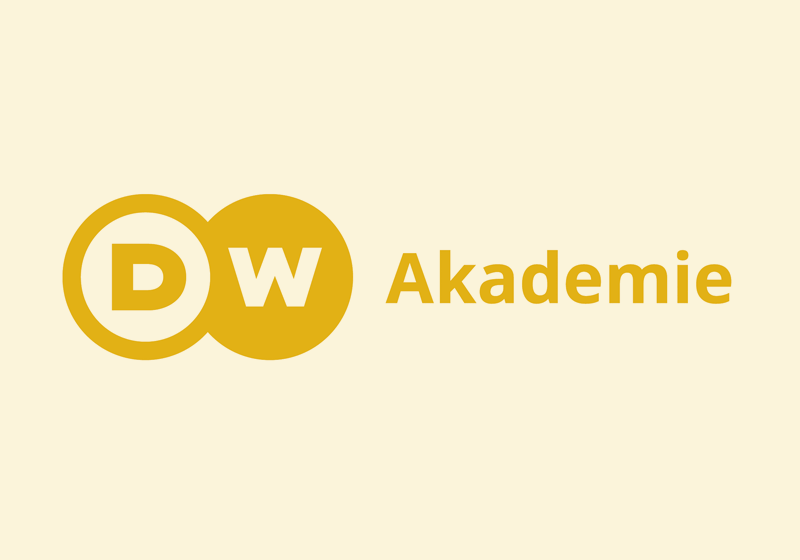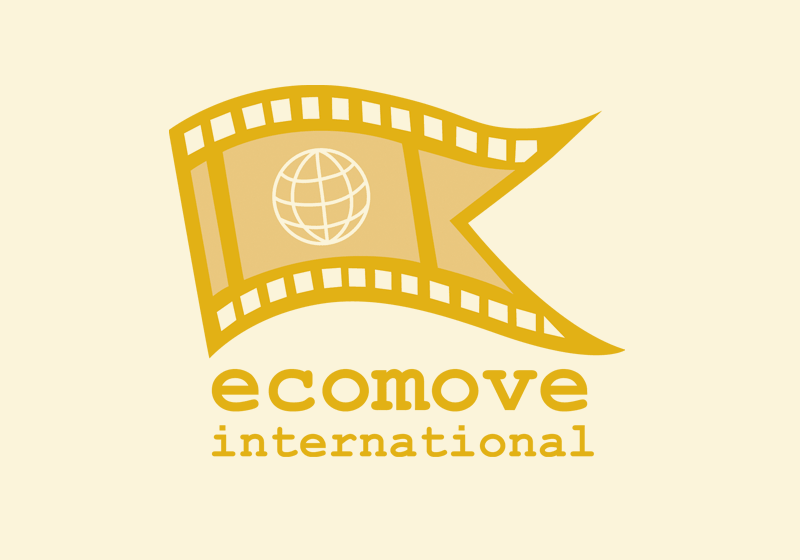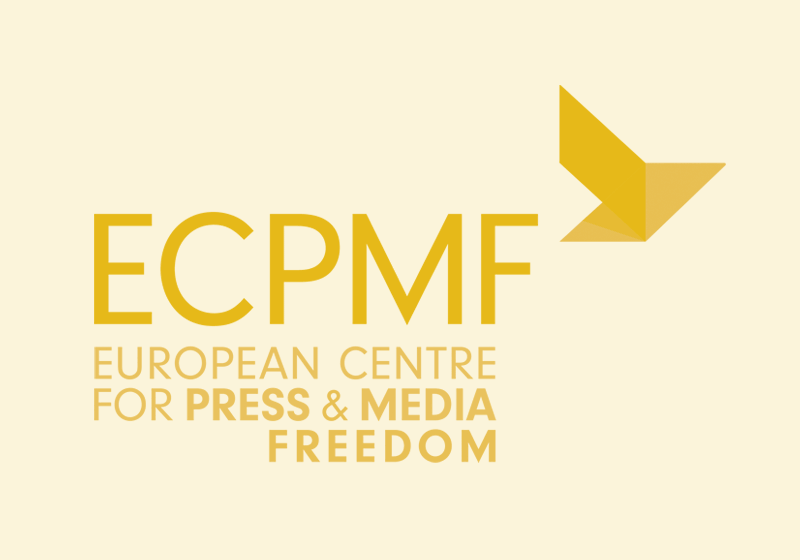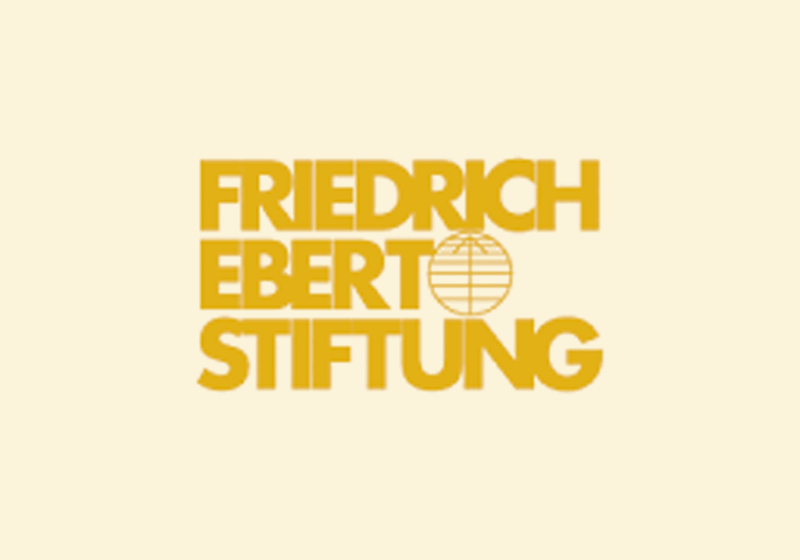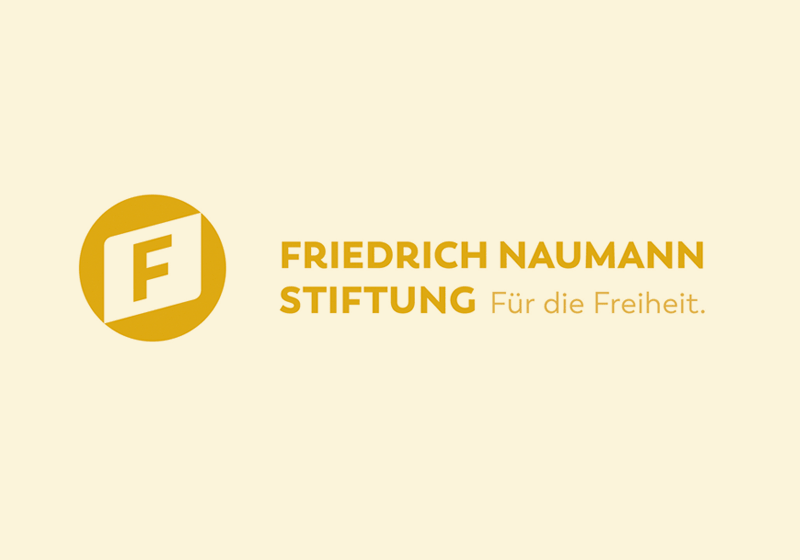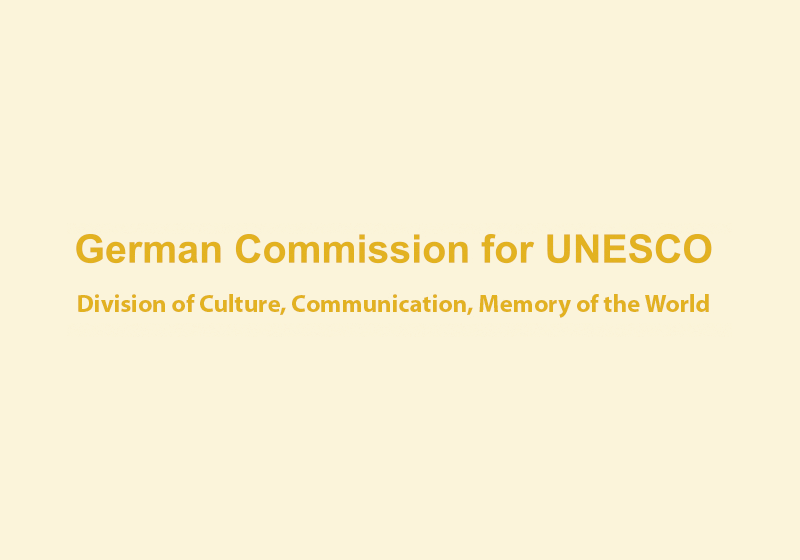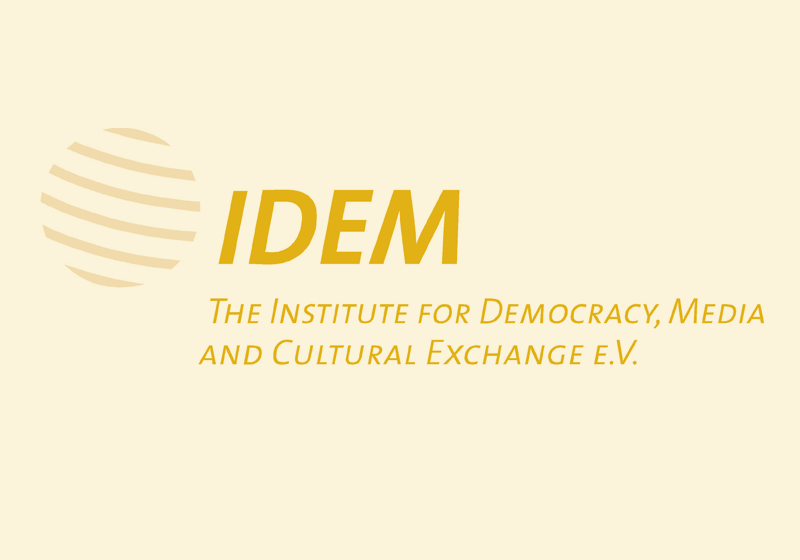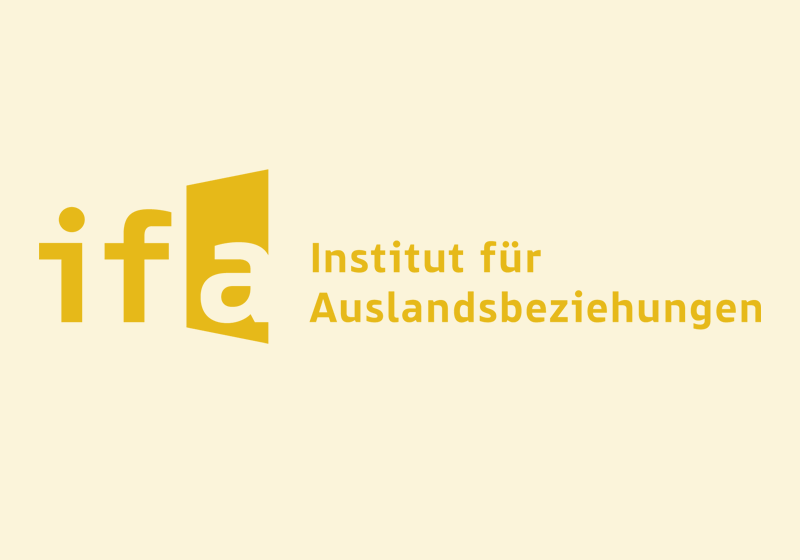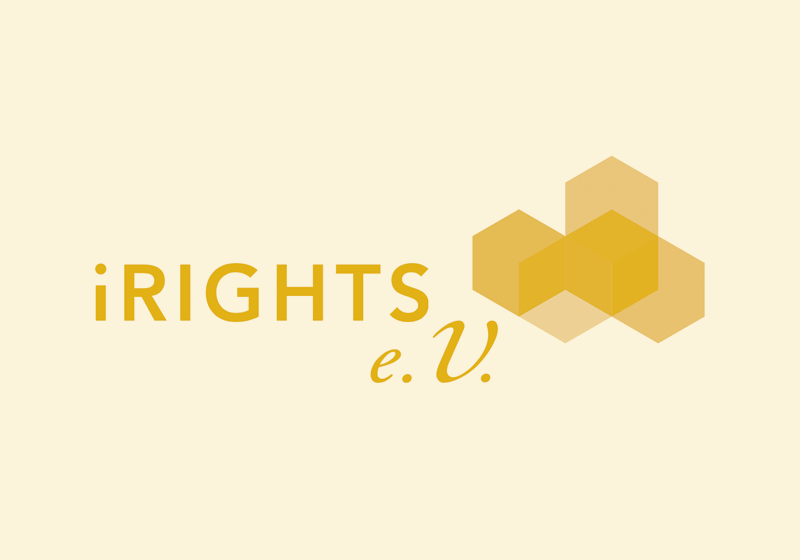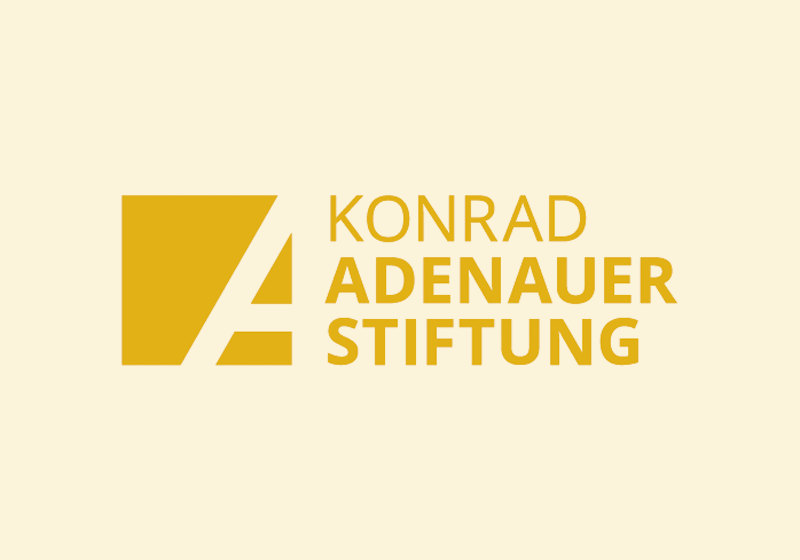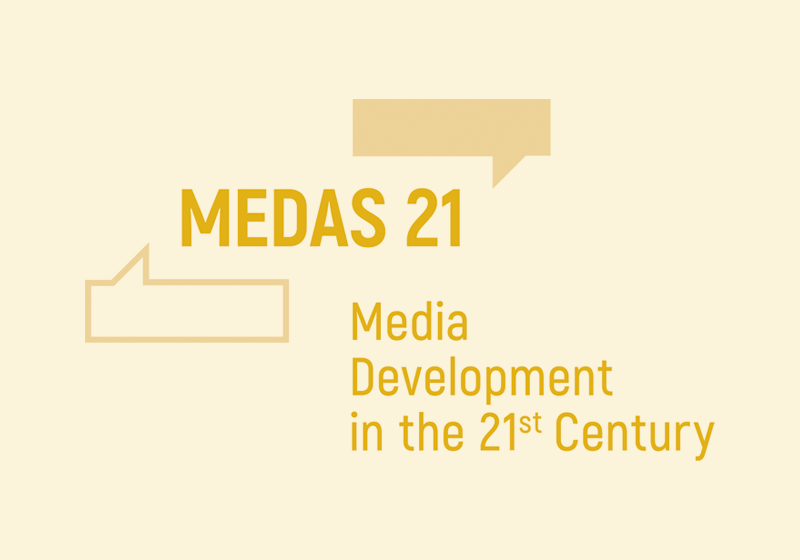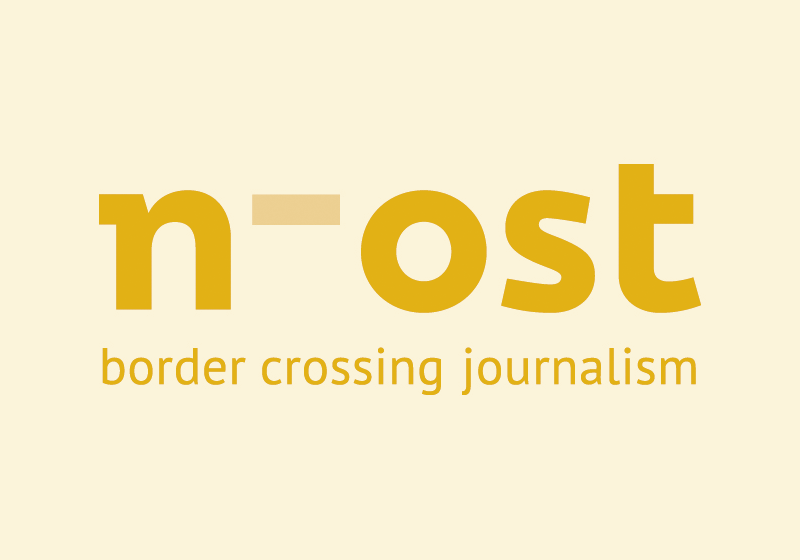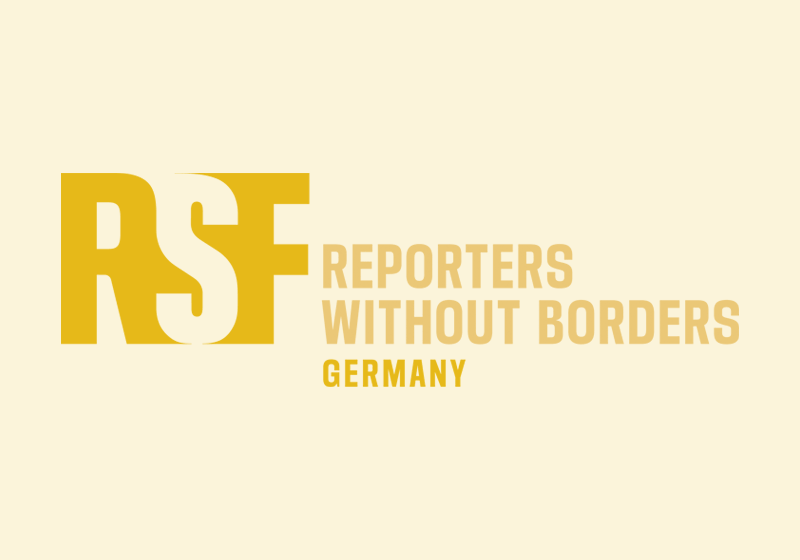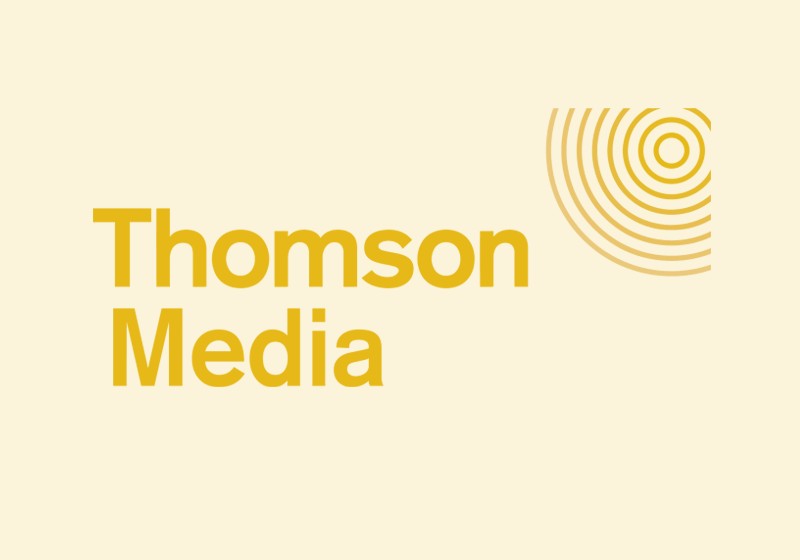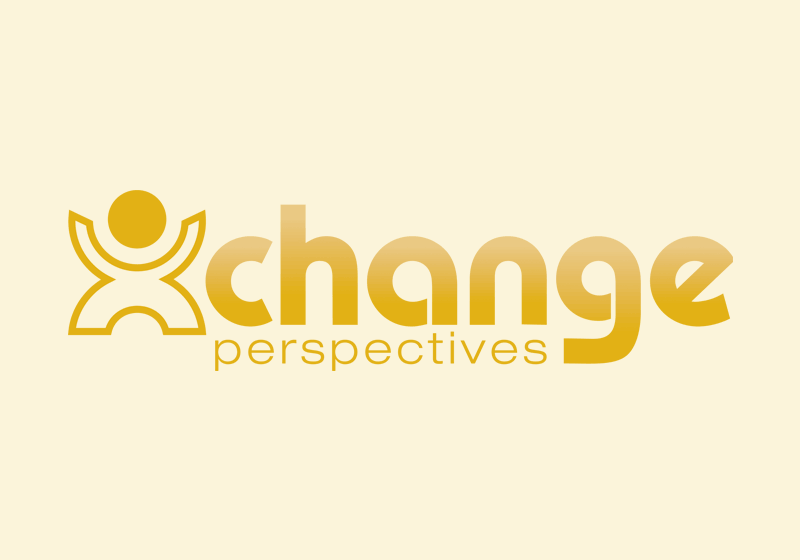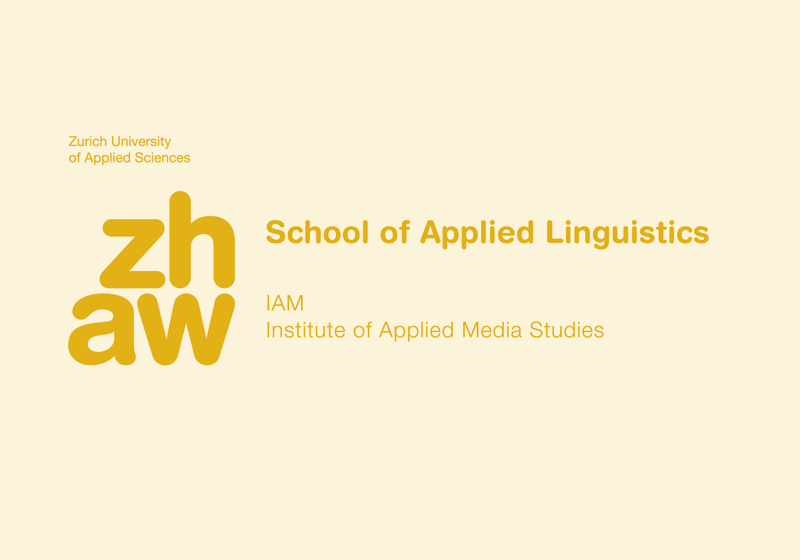DEALING WITH THE PAST & PREPARING FOR THE FUTURE Media Assistance in Conflict Mitigation, Reconciliation and Peacebuilding
A conference organized by Interlink Academy for International Dialog and Journalism in partnership with and financed by the Konrad Adenauer Stiftung (KAS). Additional support by the ZEIT Foundation, the Free and Hanseatic City of Hamburg and the BMZ.
13th-14th September, 2022
Helmut Schmidt Auditorium (BLS), Jungiusstraße 6, 20355 Hamburg
Registration online only here.
Media might play an essential role in preventing violent conflicts and, if they cannot be avoided, in dealing with them and supporting reconciliation processes.
Therefore, the 2022 symposium of the Forum Media and Development (fome) ‘Dealing with the Past & Preparing for the Future – Media Assistance in Conflict Mitigation, Reconciliation and Peacebuilding’ will focus on the question ‘whether or not media play a role in processing past injustices, creating inclusive, just societies and avoiding future atrocities’.
The two-day symposium will devote the first day to dealing with the past and focus on the question: What role should media and international media assistance play in a violent conflict? What role do media play in reconciliation and peacebuilding? And, which realistic formats available to international media development players exist to strengthen these processes and conflict mitigation?
Dealing with the past should contribute to preventing renewed violence, atrocities, and human rights violations. The second day will therefore focus on examples of various practices, for example in professional reporting, in conflict-sensitive reporting, in bringing former enemies to debates, deradicalisation tools, as well as media and information literacy to counteract hate speech, defamation and fake news. .
- Outline for ‘Dealing with the Past’
When violent conflicts end or systems of injustice are replaced by legitimate governments, societies have to deal with the aftermath including the consequences of massive human rights violations. In order to strengthen victims’ rights and to prevent impunity, the UN Human Rights Commission approved a set of principles that have become recognised as the main pillars of a holistic approach to dealing with the past (the so-called Joinet1 principles):
- the right to know
- the right to justice
- the right to reparations
- the guarantee of non-recurrence
These principles have been implemented in the establishment of truth commissions, the introduction of special courts, the reparations for victim and survivor communities, socio psychological work with perpetrators, and other activities. In addition, civil society actors have made important efforts in reconciliation work.
So far, there has been little cross-national exchange on the role of the media and journalism in the past, even though this this might be essential for reconciliation and transformation processes.
- Outline for ‘Preparing for the Future’
For the future it is crucial to reflect on concepts, tools and ideas of how to mitigate violent conflicts or even better, how to prevent them. One key aspect of this is media literacy and raising awareness. This takes place on various levels:
- Critically reflecting on the role of international media development cooperation in the past and how and along what values build trust for the future
- Identifying a language for conflict-sensitive reporting and creating editorial policies accordingly
- Balancing which persons and topics will be given a voice and, by choosing these perspectives, taking responsibility to foster democracy
- Fostering media and information literacy and creating tools for deradicalisation and against defamation, including the use of Artificial Intelligence as well
- Countering hate speech and fake news on all media related levels, not only journalistic but also social media challenges
The 2022 fome symposium will bring together media practitioners and researchers from Africa, Asia, Eastern Europe, Latin America and the Middle East, and it will showcase initiatives aiming to, establish trust between different groups in society, and critically accompany the restoration of trust between state institutions and the population in societies that are usually deeply divided.
fome22 will take place from 13th to 14th September 2022 in Hamburg on the premises of the Bucerius Law School. It is hosted by the Interlink Academy for International Dialog and Journalism, with support from the Konrad-Adenauer-Foundation, the ZEIT Foundation, the Free and Hanseatic City of Hamburg and the Catholic Media Council (CAMECO).
The following fome members are co-hosting individual sessions (see the program for detailed information) :
- Catholic Media Council (CAMECO)
- Deutsche Welle Akademie
- Friedrich Naumann Stiftung für die Freiheit
- Zurich University of Applied Sciences (ZHAW)
- Institut für Demokratie, Medien und Kulturaustausch (IDEM)
- Interlink Academy for International Dialog and Journalism
- Konrad Adenauer Stiftung
- n-ost
- Reporter ohne Grenzen
- Thomson Foundation
- WELTFILME


